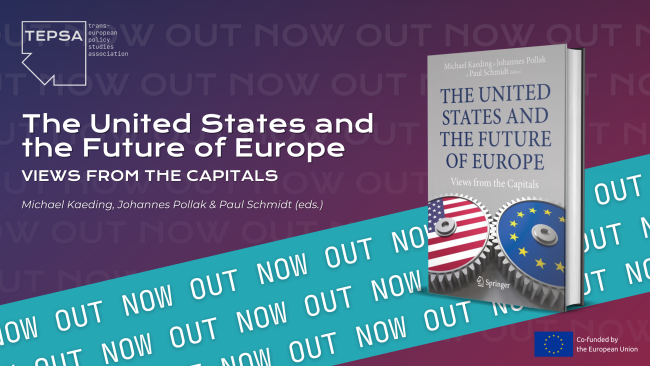EU-Mercosur: An Unsolvable Trilemma Between Competition Rules, Normative Ambitions and Supply Chain Diversification
The EU-Mercosur trade deal was believed to be heading toward the finish. The election of Luiz Inácio Lula da Silva as the president of Brazil, as successor to the right-wing populist Jair Bolsonaro, and the Spanish presidency of the European Union (EU), raised hopes for its conclusion. But the reservations expressed by several EU member states and some Latin American countries have dashed hopes.
Lula wants to conclude the agreement before the end of Brazil's Mercosur presidency. Supporters believe that this window of opportunity should be taken advantage of. But the EU's insistence on compliance with environmental standards as a condition for concluding the agreement has met with little enthusiasm in the Latin American partner states. This raises the question of whether the EU-Mercosur trade agreement negotiated in 2019 still meets the parties' expectations. Faced with a fragmented international community, exacerbated by the war in Ukraine, and growing Sino-American rivalry, the EU is looking for new trading partners with whom it shares the same values.
These agreements also echo the EU's economic security strategy presented by Ursula von der Leyen in June 2023, which emphasizes security of supply and diversification. In addition to strengthening its supply chains and reducing its dependence on the critical raw materials needed for the EU’s green transition, the EU hopes to further political cohesion with Latin America through the EU-Mercosur agreements. But there is disagreement in the EU about the EU-Mercosur trade deal: Some member states fear disadvantages for domestic agriculture. But the Mercosur countries are also increasingly demanding and threaten to turn toward China which promises to increase investment and develop trade relations with the region.
Marie Krpata is a Fellow Researcher at the Study Committee on Franco-German Relations (Cerfa) at the French Institute of International Relations (Ifri).
Ana Helena Palermo is a consultant to the President of the ZEW – Leibniz-Zentrum für Europäische Wirtschaftsforschung.
This publication is available in French and German (pdf):
GERMAN: "EU-Mercosur: Ein unlösbares Trilemma zwischen Wettbewerbsregeln, normativen Ambitionen und der Diversifizierung der Lieferketten".
>> >> See on the same topic: Klemens Kober "Towards a New European Trade Strategy in Times of Geopolitical Upheaval: The German Perspective" , Notes du Cerfa, No. 176, Ifri, October 2023 (pdf).

Available in:
Themes and regions
Share
Related centers and programs
Discover our other research centers and programsFind out more
Discover all our analysesFrance, the U.S.’ Oldest and Most Complicated Ally: A Stubborn Defender of a Truly European Industrial and Defence Policy
France, the U.S.’ oldest ally, is also the EU country which most stubbornly defends genuinely European industrial and defence policies. It calls for ‘strategic autonomy’ in all political domains, a position increasingly difficult to hold against a hardening international climate.
The Franco-German Brigade and the Revival of European Defense
One thing has been clear since Donald Trump's return to the White House: the very existence of the European unification project is threatened. Unless it develops a sovereign defense policy to counter the war in Ukraine and the weakening of American security guarantees, the European Union will continue to see its internal cohesion and external attractiveness wane.
Friedrich Merz and the Zeitenwende 2.0. A “New Era” for Transatlantic Relations?
On February 23, 2025, almost 60 million voters were called upon to elect a new Bundestag. These elections will also give rise to a new government in Europe's largest economy.
After the Elections: Germany in Search of Shaken Stability?
With a voter turnout of 82.5%, Germany recorded its highest participation since 1987—an increase of 6.1 percentage points compared to 2021. As in the previous election, the high turnout particularly benefited the Alternative for Germany (AfD), which was able to mobilize many former non-voters. Many voters sought to punish the outgoing government with their ballots, as its approval rating had dropped to just 14% before the coalition broke apart in November 2024. Germany is now very likely heading toward a grand coalition between the CDU/CSU and the SPD, with exploratory talks having begun on February 28.










